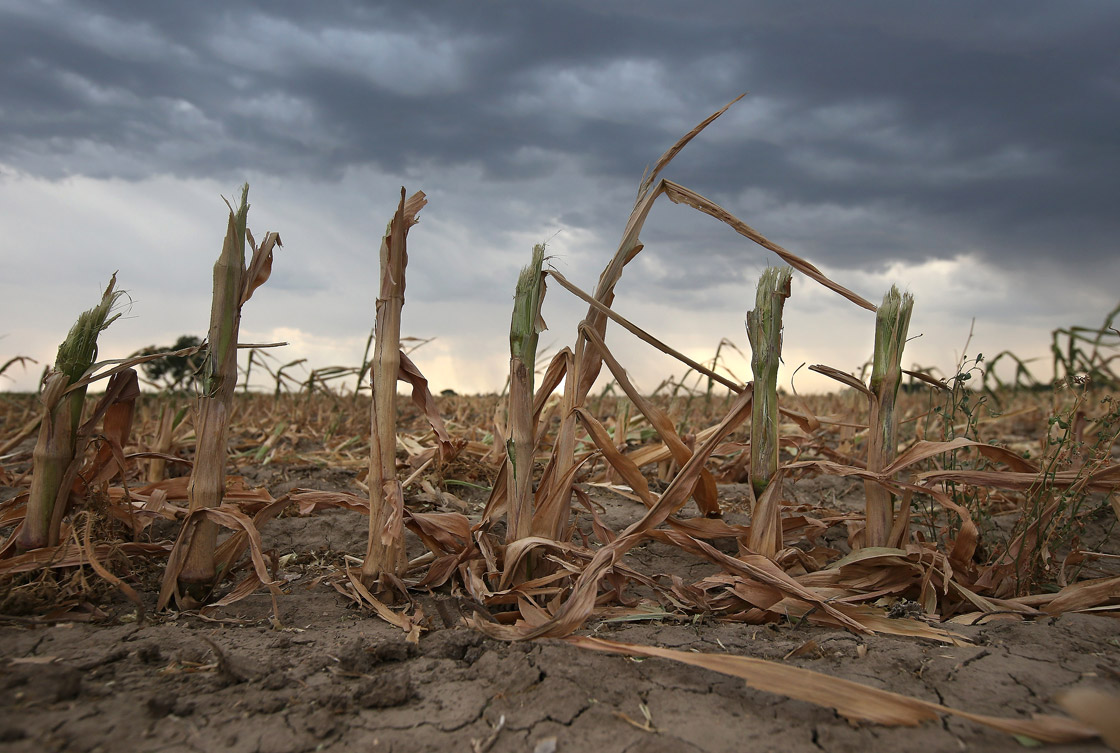Earth’s changing climate is expected to have many repercussions that are sure to alter our way of life. Now, a new study concludes that, in 2050, half a million people will die as a result of under-nutrition — a result of climate change.

The study, published in The Lancet on Wednesday, concluded that reduced fruit and vegetable consumption could result in under-nutrition across the planet.
READ MORE: Canada in 2050—A land of climate-change extremes at current emissions levels
Up to three-quarters of the deaths will occur in China and India, according to the study.
The issue isn’t the availability of food — which many studies have examined already, warning of dire consequences. Instead, this study focused on the health effects of reduced food nutrition as a result of a decline in food availability.
“Much research has looked at food security, but little has focused on the wider health effects of agricultural production,” Marco Springmann from the Oxford Martin Programme on the Future of Food at the University of Oxford said in a release.
“Changes in food availability and intake also affect dietary and weight-related risk factors such as low fruit and vegetable intake, high red meat consumption, and high body weight. These all increase the incidence of non-communicable diseases such as heart disease, stroke, and cancer, as well as death from those diseases.”
READ MORE: Sugar tax? Senate committee urges overhaul of Canada’s Food Guide to combat obesity
The research was done using an agricultural economic model together with socio-economic pathways, emission trajectories and the possible resulting climate responses. Using the collected data, they calculated the number of deaths that would be linked to dietary changes.
- Enter at your own risk: New home security camera aims paintballs at intruders
- Boston Dynamics unveils ‘creepy’ new fully electric humanoid robot
- Ontario First Nation calls for chemical plant to be shut down amid ‘dangerously high’ benzene levels
- Nova Scotia scraps spring bear hunt idea, public ‘very divided’ on issue
The model showed that unless action is taken to reduce global CO2 emissions, the change in climate around the globe could cut food availability by about one-third by 2050. This would result in an average 3.2 per cent reduction in food availability per person, which would translate to about 99 kilocalories a day.
When it comes to fruit and vegetable intake, they estimate that it would be a four per cent reduction (almost 15 grams) a day. For red meat it would be a reduction in consumption of 0.7 per cent (0.5 grams) a day.
The top 10 countries the researchers found most likely to feel the impacts are:
- China
- Vietnam
- Greece
- Republic of Korea
- Madagascar
- India
- Italy
- Romania
- Albania
- Myanmar
Canada doesn’t escape the repercussions: It ranked 63 on the list of 155 countries.




Comments